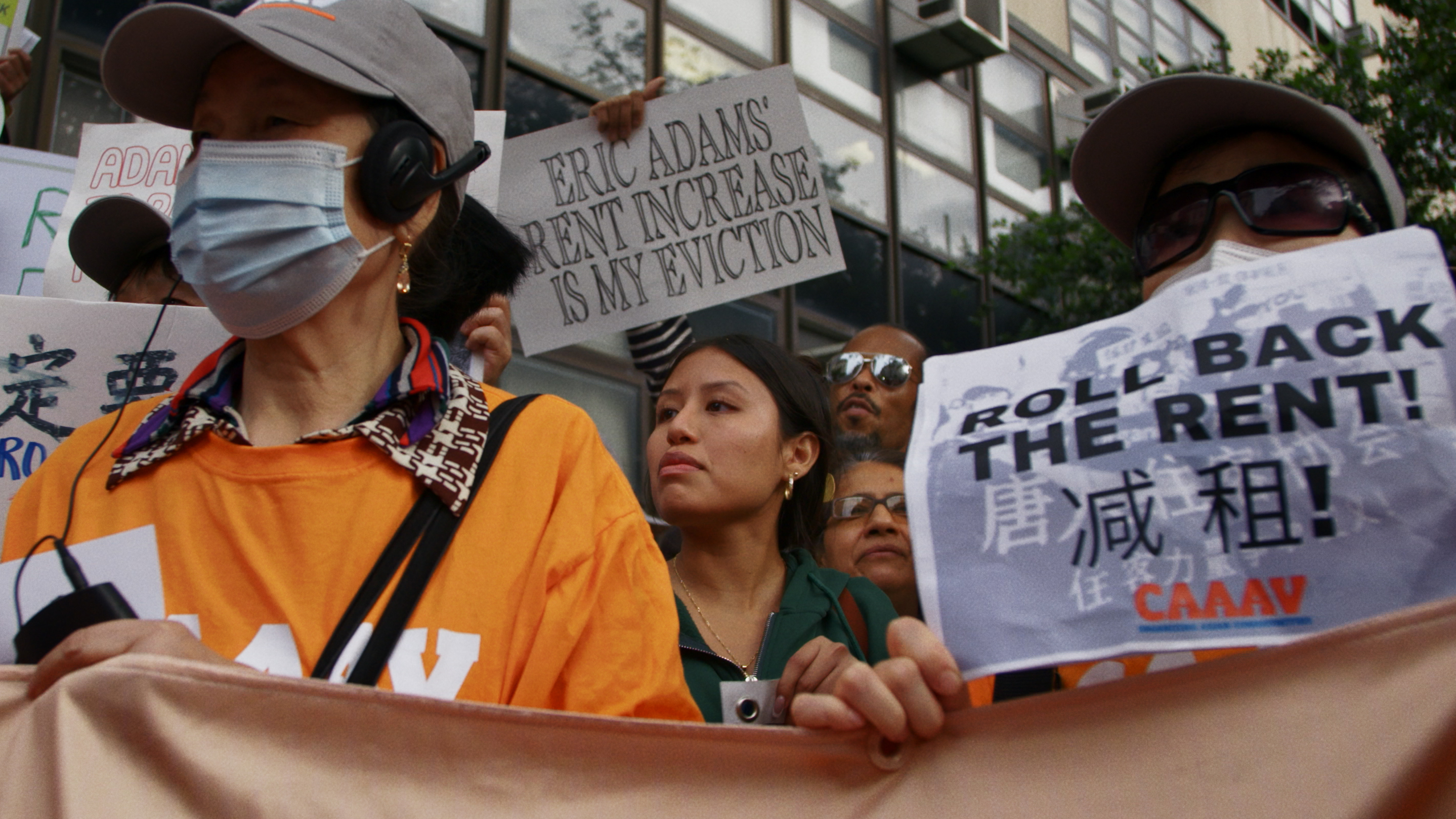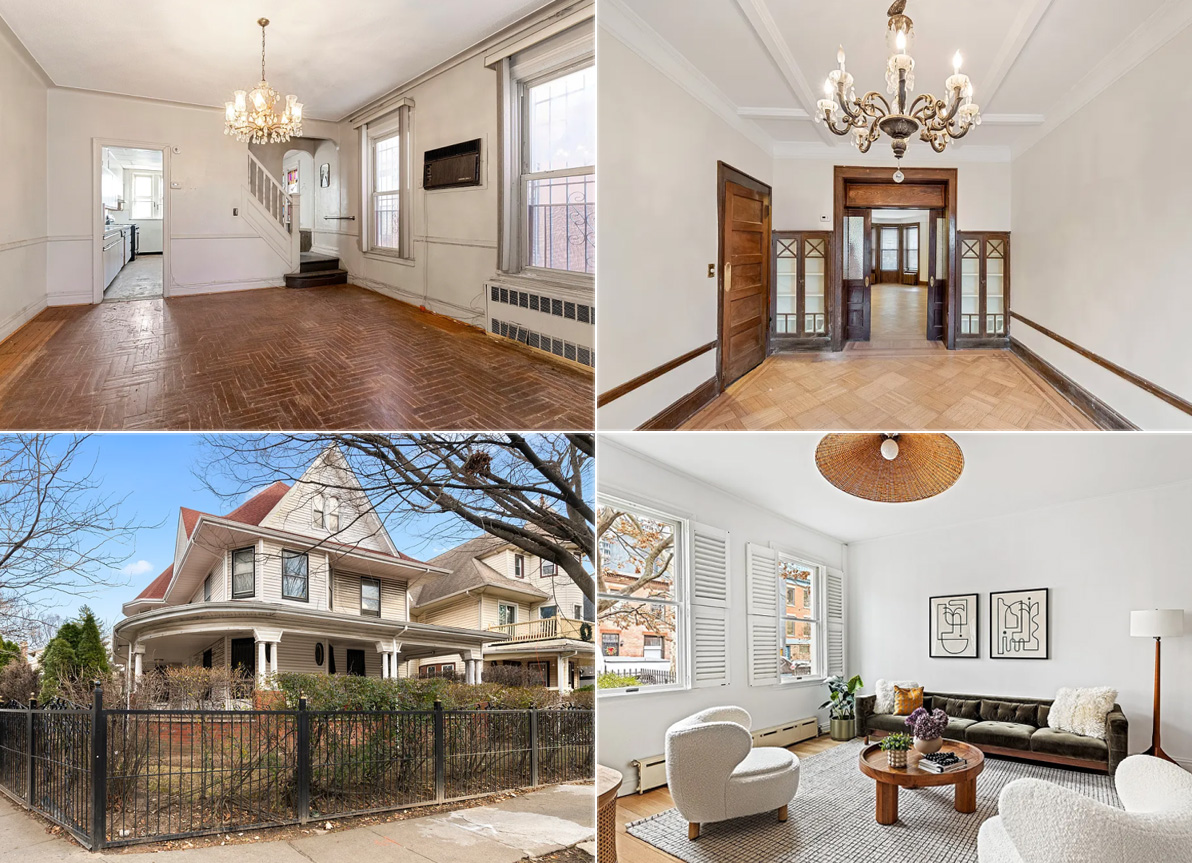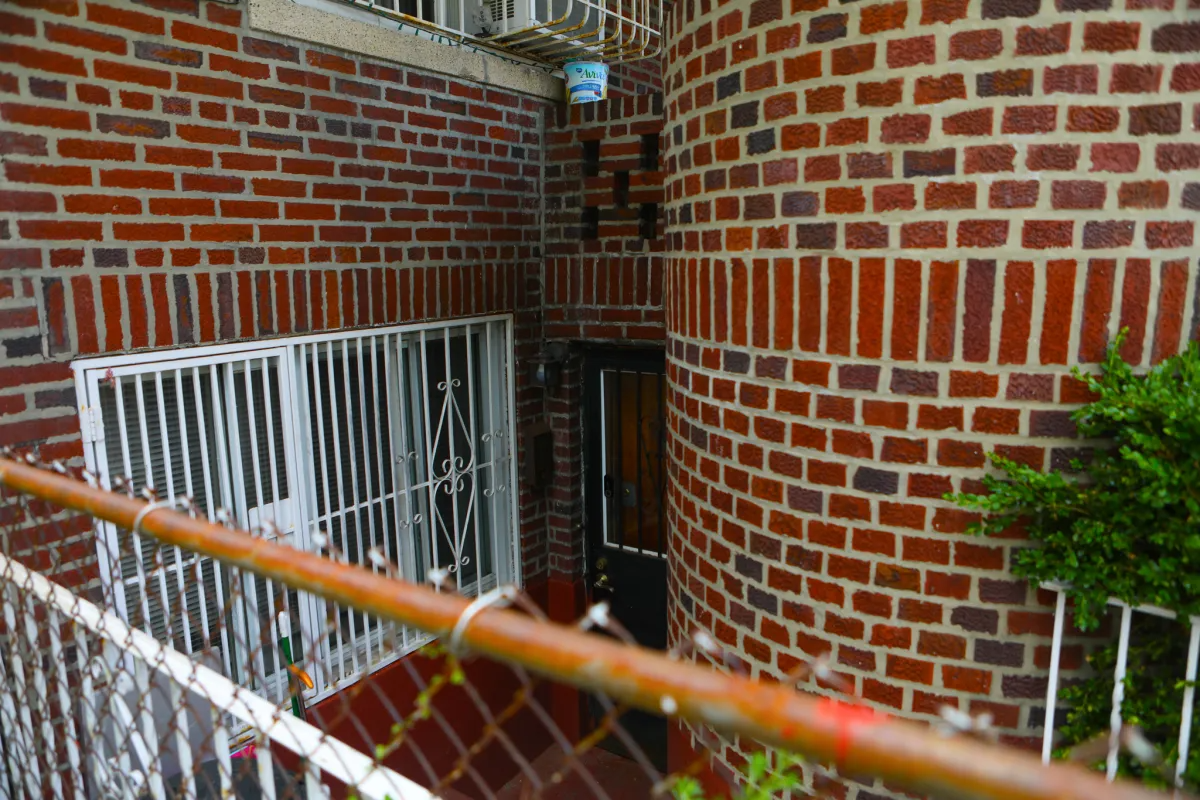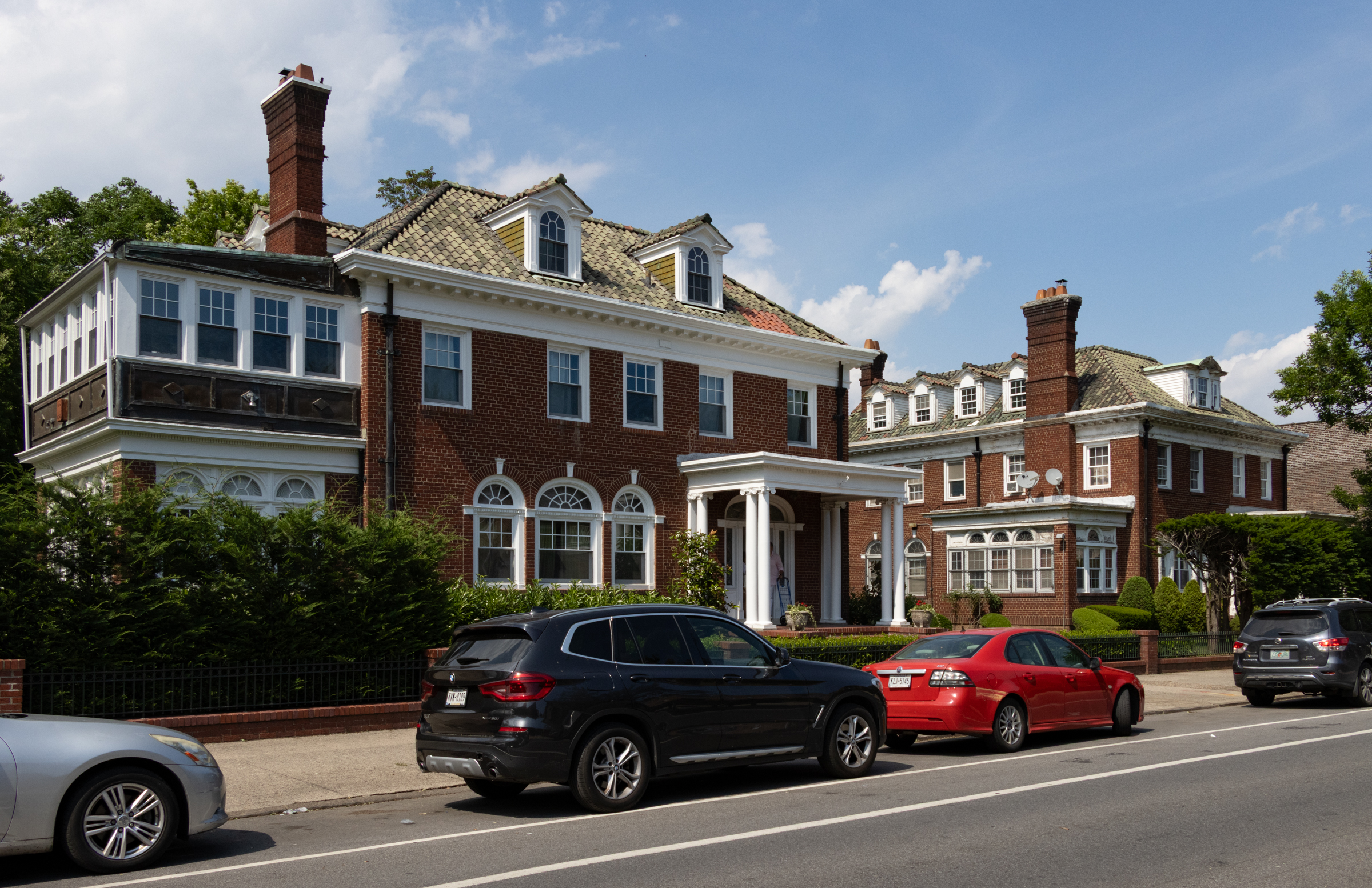Tentative Deal Struck for Tougher Rent Regs
The Times and The Journal report that last night the governor and legislative leaders reached a provisional agreement that would raise the deregulation threshold on rent-stabilized apartments from $2,000 to $2,500. Beyond that, the max annual household income for deregulation would go from $175,000 to $200,000. Landlords would also have to invest significantly more in…


The Times and The Journal report that last night the governor and legislative leaders reached a provisional agreement that would raise the deregulation threshold on rent-stabilized apartments from $2,000 to $2,500. Beyond that, the max annual household income for deregulation would go from $175,000 to $200,000. Landlords would also have to invest significantly more in renovations in order to deregulate an apartment: From $40 in renovations for every $1 increase in rent to $60 for every $1 in rent increase, according to the Journal. The Times story notes that deal on stabilized apartment falls short of what was being sought from tenant activists, who wanted to abolish deregulation laws. Michael McKee, the treasurer of the Tenants Political Action Committee, had this to say: “This is not real rent reform. This is continuing the phase-out and elimination of the entire rent regulation system in the downstate region.” The tentative agreement also involves capping property tax increases at 2 percent a year and “a four-year extender of a tax break for residential development,” the Journal story says.
Albany Reaches Deal on Tax Cap and Rent Rules [NY Times]
Deal Extends City’s Rent Laws, With Boost for Tenants [WSJ]
Photo by Charleston’s TheDigitel.





I agree with fsrq. A couple making $180,000 a year can live pretty comfortably as long as they avoid brownstone Brooklyn and Manhattan. There are lovely houses on LI, NJ, Queens and in outer Brooklyn that they can buy and be happy in. Unfortunately rent controls often inhibits people from seeking greener pastures and there are some people who refuse to give up their “deal” on the apartment they rented when they were single and now houses them, a spouse and a couple of kids.
Truly unbelievable how stupid this is. The rent decontrol thresholds are silly enough (since it really only protects those that are “rich” – at least rich under the tax code) BUT to de-incentive’s improvements in RS buildings is asinine. You are essentially lowering the quality of this cities housing stock for generations…and why? so those who pay-off the right broker/super/owner can get a cheap (but crappy) apartment…..makes no sense except in Albany.
so $200,000 is now the threshold of need.
seems arbitrary.
Although hypothetically one could make a million dollars a year and still be protected if one’s rent is under $2500 a month.
I’m in favor of rent regs but I wish they made a little more sense.
Not sure I get your distinction….the effect of the change (for which the LL could not factor in when purchasing) is that his future and legally expected income will be reduced and kept by the 180K (rich) family. Thereby redistributing the income. The asset will also be worth less (but that will not be redistributed just destroyed through government action).
If the income cap doesn’t outrage you, than how about the rent minimum being tied to the income cap – which ends up entitling those with the lowest rent, government protected sub-market prices – regardless of income – so a millionaire can stay in the $1900 3br but the family earning 180K may have to move simply because their rent in the same apartment is $2001. Its ridiculous.
The 30% of your income metric applies to your GROSS income – therefore this hypothetical family would have 4,500 to spend on monthly rent.
But the bigger issue is that you selected a single example using a family right on the cusp of luxury decontrol, presented them in the light most favorable to abolishing decontrol and are apparently trying to use this to somehow justify a ridiculous law.
Someone making 180K a year does not need government intervention and mandated income re-distribution. Or put another way – if the Government is going to use its power to to protect vulnerable citizens and try to achieve a more economically balanced society – individuals and families making from between 175k to 200k seems to be about the dumbest place to start.